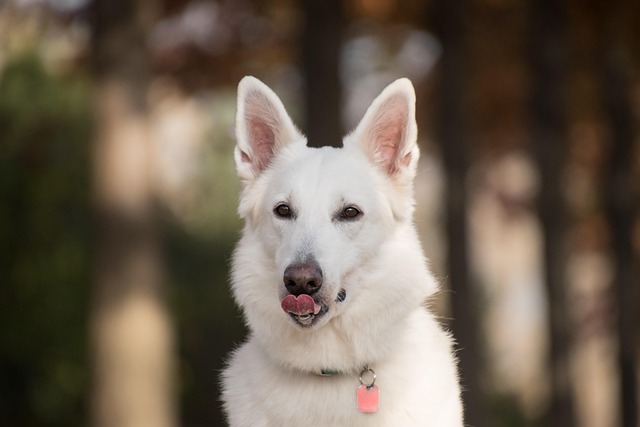
how to help senior dog with weak back legs
Watching your senior dog struggle to stand up, climb stairs, or even walk across the room because of weak back legs is heart-wrenching.
You’ve had your tiny Yorkie or Shih Tzu since they were a wiggly puppy, and now you’re wondering: When do they become a “senior”? Many new U.S. dog owners assume all breeds hit senior status at the same age, but small breeds (usually under 20 pounds) age differently than their larger counterparts. Knowing when your small pup enters their golden years helps you adjust their care—from food to exercise—to keep them healthy and happy.
Veterinarians use a “size-based aging” framework because small breeds have slower metabolisms and longer lifespans than big dogs. While a Great Dane might be a senior at 6, small breeds typically transition to senior status around 7 to 8 years old. For example, my friend’s 7-year-old Chihuahua, Tito, started napping more and slowing down on walks—classic early senior signs—while her neighbor’s 8-year-old Pomeranian is still playful but needs softer food for her weakening teeth. The science here is clear: Smaller dogs have less wear and tear on their joints and organs over time, so they stay “middle-aged” longer, but once they hit 7+, their bodies start to change—muscle mass decreases, immune systems weaken, and they’re more prone to issues like dental disease or arthritis.
To tell if your small dog is entering their senior years, watch for subtle signs: sleeping more than usual, reluctance to jump on the couch, or turning up their nose at their regular food. Schedule a “senior wellness exam” around 7 years old—your vet will check their blood work, teeth, and joints to catch early issues like kidney disease or joint pain. For apartment-dwelling small breeds, adjust their exercise: swap long walks for short, gentle strolls (easier on their joints) and add puzzle toys to keep their minds sharp without tiring them out. Avoid high-impact games like fetch up stairs—this strains their tiny legs.

Never punish your senior dog for slowing down—scolding them for not keeping up on walks violates animal welfare standards in the U.S. and will only stress them. Instead, adapt to their needs: carry them up stairs if they struggle, and give them a cozy bed near your couch so they feel included.
Before those daily walks, confirm their vaccines are up to date—all U.S. states require rabies boosters for seniors, and core vaccines like distemper are still necessary to protect their weaker immune systems. Always carry poop bags too: leaving messes in apartment hallways or parks isn’t just rude; cities like Chicago fine owners up to $500, and it’s unsanitary for older dogs prone to infections.
Knowing your small breed’s senior age isn’t about counting years—it’s about caring for them as they change. With early vet checkups and gentle adjustments, their golden years can be their happiest.

Watching your senior dog struggle to stand up, climb stairs, or even walk across the room because of weak back legs is heart-wrenching.

Seeing your once-bouncy pup slow down, sleep more, or struggle to jump on the couch can tug at your heartstrings—but caring for an older dog

You open the door after a walk, and your pup bolts inside—leaving muddy paw prints all over your apartment floor.

Finding a tick crawling on your dog but not yet latched can make your heart race—even if it hasn’t bitten yet, those tiny pests carry risks like Lyme disease.

Standing in the pet store staring at rows of dog food labels can feel overwhelming—especially when you’re looking for the right fit for your tiny adult Chihuahua, Yorkie

You’ve had your tiny Yorkie or Shih Tzu since they were a wiggly puppy, and now you’re wondering: When do they become a “senior”? Many new U.S.